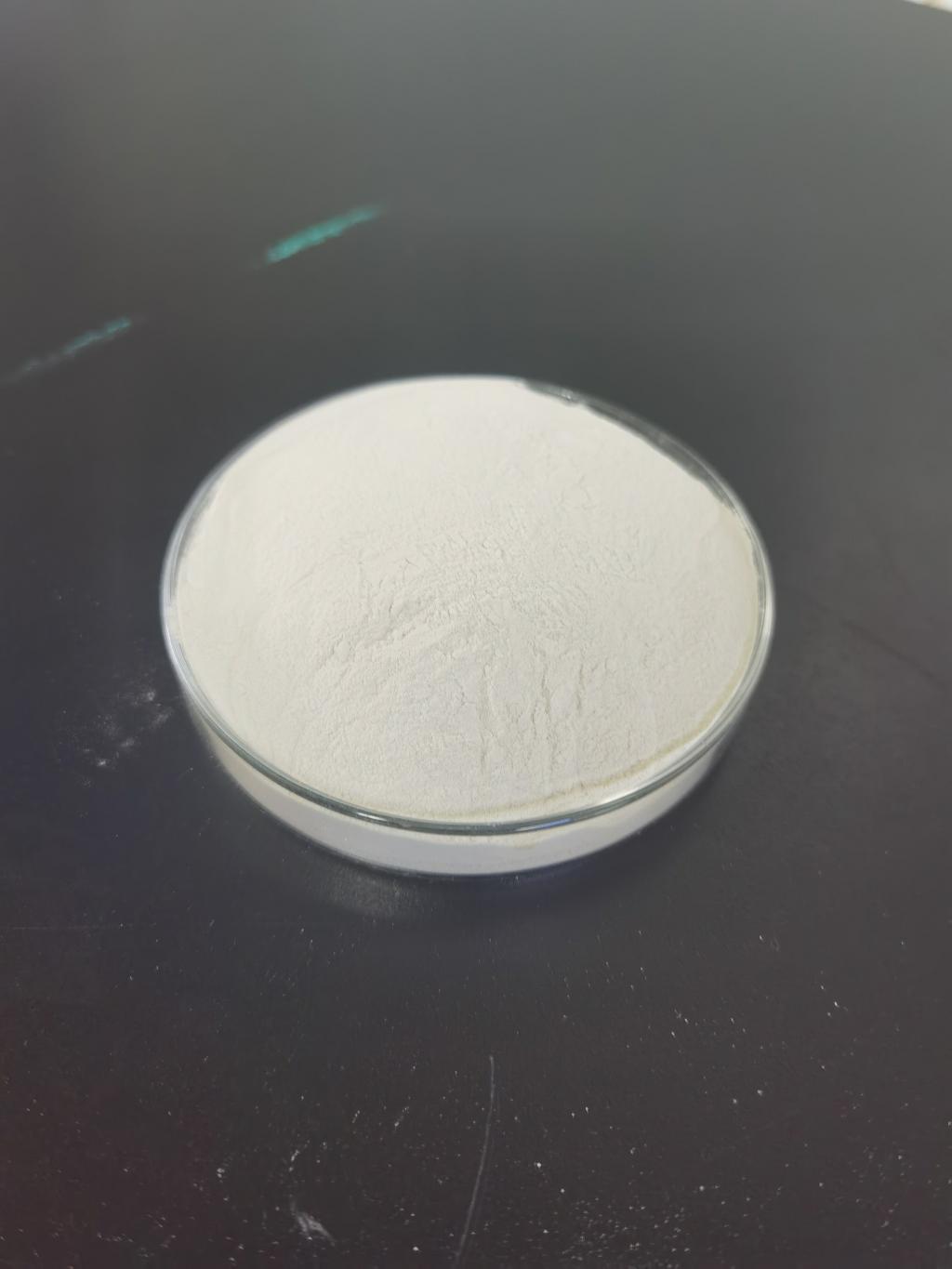Tel:+8618231198596

News
 CONTACT
CONTACT
 CONTACT
CONTACT
- Linkman:Linda Yao
- Tel: +8618231198596
- Email:linda.yao@dcpharma.cn
- Linkman:CHARLES.WANG
- Department:Overseas
- Tel: 0086 0311-85537378 0086 0311-85539701
News
Has Nisin shown any potential for use in combating biofilm formation in food processing equipment?
TIME:2023-06-09
Overview of Biofilm Formation in Food Processing Equipment:
Biofilms in food processing equipment are primarily formed by bacteria, including both spoilage and pathogenic species. The formation of biofilms involves a multistep process, including attachment, colonization, and the development of a protective extracellular matrix. Biofilms can cause severe problems, including cross-contamination, reduced equipment efficiency, and increased resistance to cleaning and sanitization procedures.
Introduction to Nisin:
Nisin is a natural antimicrobial peptide produced by certain strains of the bacterium Lactococcus lactis. It has been used as a preservative in the food industry for decades, particularly in dairy products. Nisin exhibits broad-spectrum antimicrobial activity against a range of Gram-positive bacteria, including many foodborne pathogens such as Listeria monocytogenes.
Inhibitory Effects of Nisin on Biofilm Formation:
Several studies have investigated the potential of Nisin to inhibit biofilm formation in food processing equipment. These studies have demonstrated promising results, showing that Nisin can effectively prevent biofilm attachment and reduce biofilm biomass. Nisin's inhibitory effects on biofilms have been observed in various food-related environments, including stainless steel surfaces, food contact surfaces, and pipelines.
Mechanisms of Action of Nisin:
Nisin exerts its antimicrobial activity through multiple mechanisms. Firstly, it disrupts the integrity of bacterial cell membranes by forming pores, leading to the leakage of intracellular contents. Secondly, it interferes with cell wall synthesis, inhibiting bacterial growth and weakening biofilm formation. Additionally, Nisin has been shown to affect the expression of various genes involved in biofilm formation, further contributing to its anti-biofilm properties.
Synergistic Effects of Nisin with Other Agents:
Nisin has also demonstrated synergistic effects when used in combination with other antimicrobial agents. For instance, combining Nisin with chelating agents such as ethylenediaminetetraacetic acid (EDTA) enhances its antimicrobial activity against biofilms. Such combinations have the potential to improve the efficacy of biofilm control strategies in food processing equipment.
Safety Considerations and Regulatory Status:
Nisin has a long history of safe use as a food preservative and has been approved by regulatory agencies such as the U.S. Food and Drug Administration (FDA) and the European Food Safety Authority (EFSA). However, it is essential to ensure that the concentration of Nisin used for biofilm control does not exceed regulatory limits to guarantee its safety for both consumers and food industry workers.
Potential Applications in the Food Industry:
The use of Nisin in combating biofilm formation in food processing equipment holds significant potential. By preventing biofilm attachment and growth, Nisin can help maintain clean and hygienic conditions in processing environments. This can lead to improved food safety, reduced product contamination, and enhanced operational efficiency. However, further research and development are needed to optimize Nisin application methods, dosage, and integration with existing cleaning and disinfection protocols.
Conclusion:
Biofilm formation poses a significant challenge in the food processing industry. Nisin, a natural antimicrobial peptide, has shown promising potential in inhibiting biofilm formation and reducing biofilm biomass on food processing equipment. Its mechanisms of action and synergistic effects with other agents make it an attractive option for controlling biofilms. However, practical implementation and optimization of Nisin-based strategies require additional research and collaboration between academia, industry, and regulatory bodies. By harnessing the potential of Nisin, the food industry can improve hygiene, safety, and quality standards, ensuring the delivery of safe and high-quality food products to consumers.
- Tel:+8618231198596
- Whatsapp:18231198596
- Chat With Skype







